Science built, game-changing.
TBH programs move beyond ‘busy packets’ to well-designed, educational solutions to improve cognitive performance.
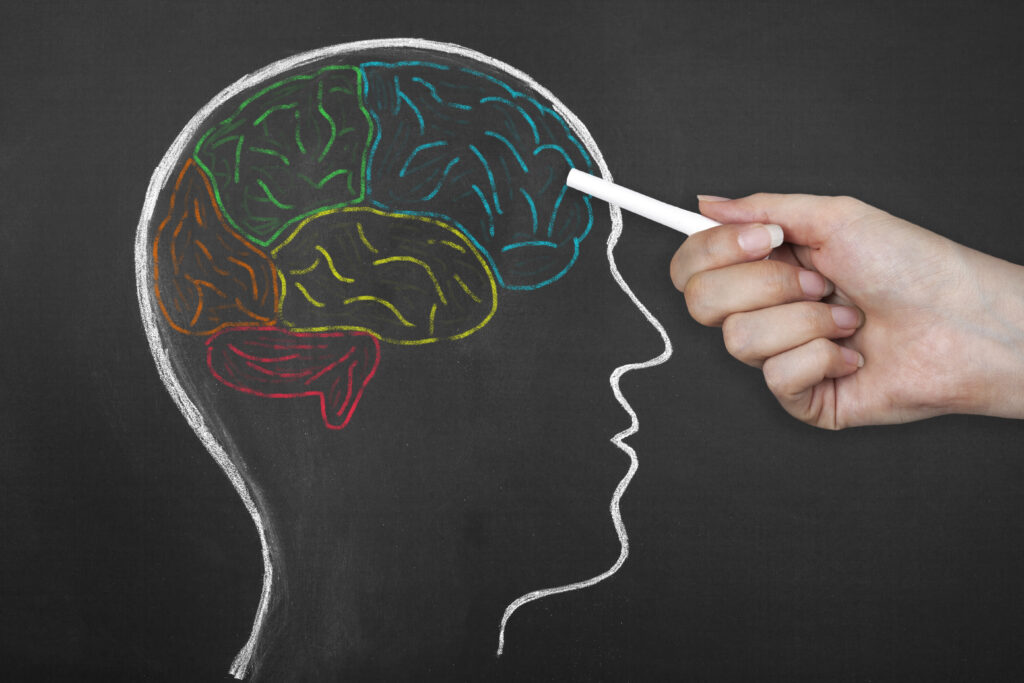

TBH Evidence
Knowing how to take care of our brains is arguably the best path to better brain health.
The recently concluded TBH group training study powered by ACAR, the Acts Research team, and the University of Alabama shows the robust, significant benefits of the TBH programs.
Our Methodology
Our celebrated brain training platform draws from three evidence-based methods.
Wellness Focused
Grounded in cutting-edge science, we promote whole person wellness for improved brain health and vital living in all our programs.
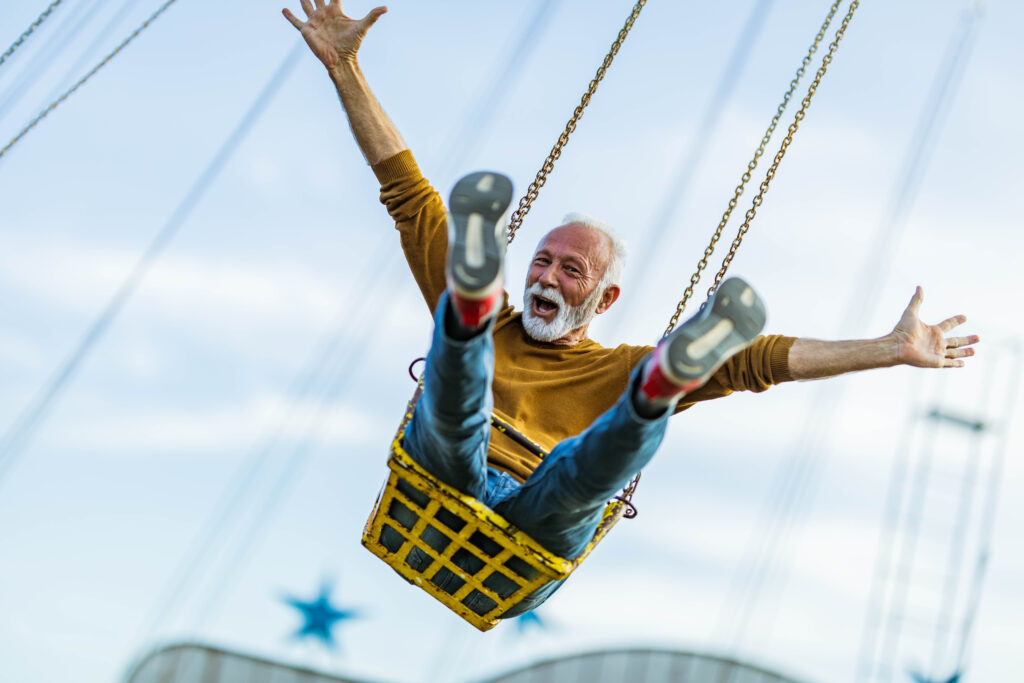
Social-Based
We embed our proprietary ‘Social-Based Brain Training’ in each of our workouts to supercharge processing skills and build stronger connections.
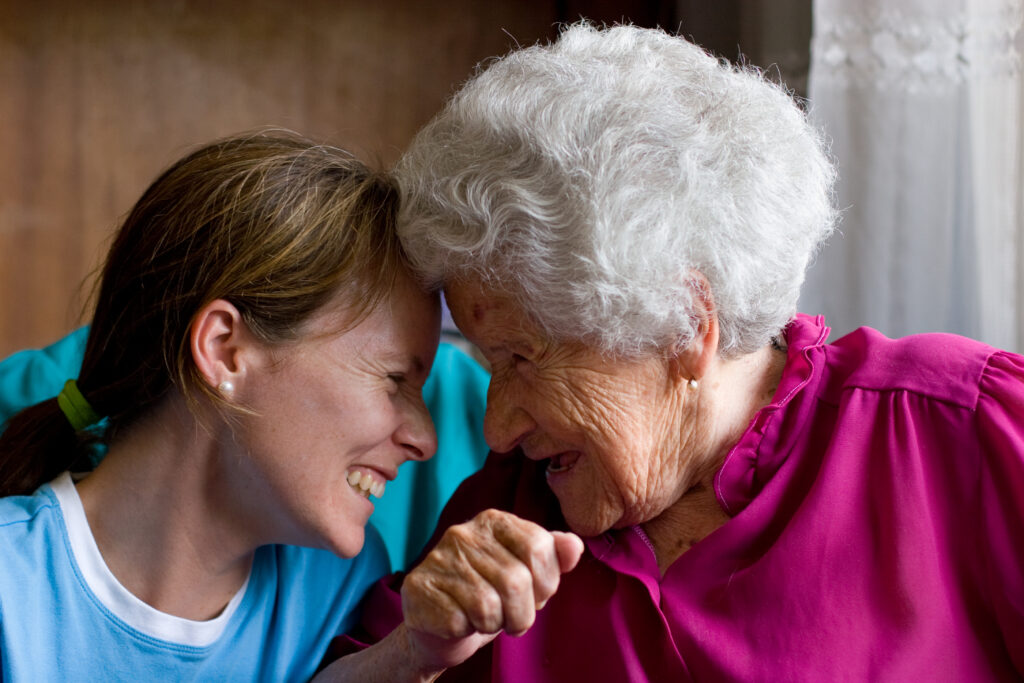
Hands on learning
High energy, experiential learning activities are incorporated in all we do, because we all learn better from doing.
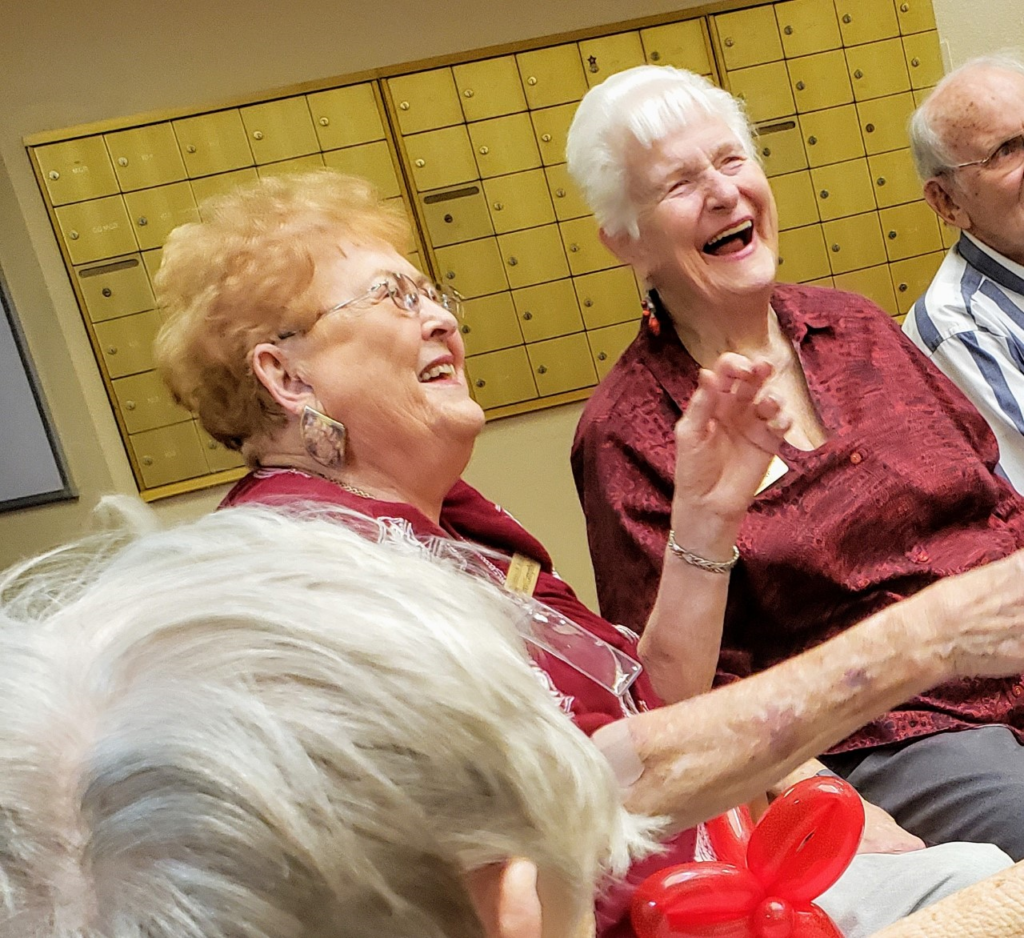
Dig into the science
TBH programs are built upon decades of foundational brain health research.

The Finger Study
The FINGER Study (Finnish Geriatric Intervention Study to Prevent Cognitive Impairment and Disability) demonstrated that we can train for improved neuroplasticity and lower our chances of serious memory loss with multi-domain interventions consisting of nutritional guidance, exercise, cognitive training and social activity, and management of metabolic and vascular risk factors.
Participants in the treatment group registered significant gains including:
- a 83% improvement in executive function
- a 150% higher score in speed of processing
- a 40% memory task performance increase
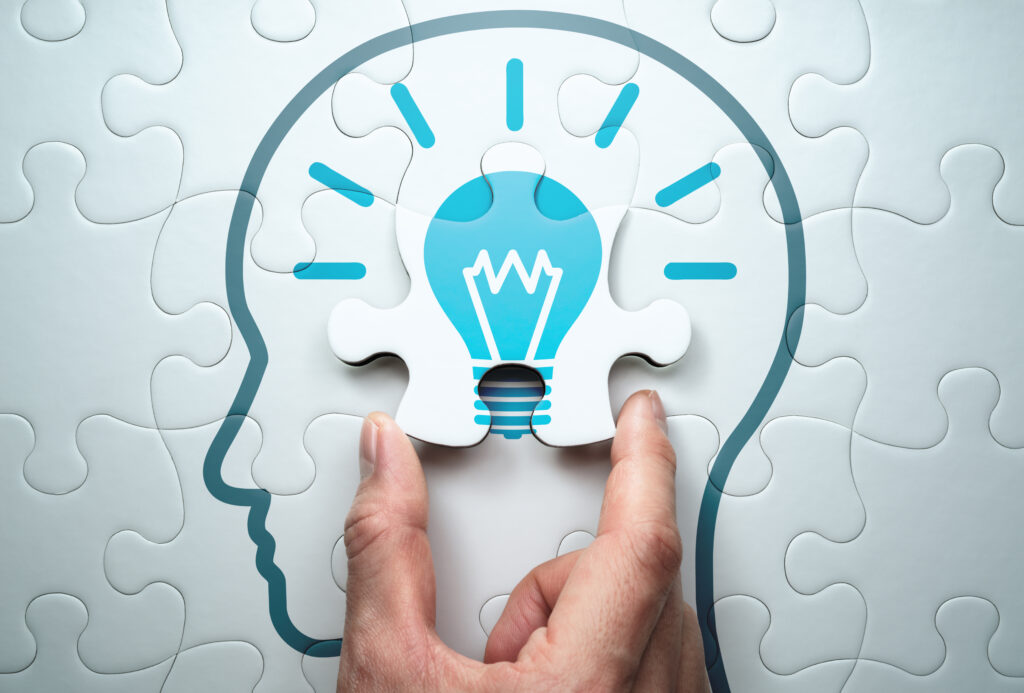
The Active Trial
The ACTIVE Trial (Advanced Cognitive Training for Independent and Vital Elderly) randomly assigned participants to 1 of 4 group training trials: Memory, Reasoning, Speed of Processing, and No Contact Control.
Each intervention improved cognitive ability for that which they were trained directly after the intervention period:
- 87% of the speed of processing group demonstrated improvement
- 74% of the reasoning group demonstrated improvement
- 26% of the memory group demonstrated impro

Cognitive Training Meta Analysis
A systematic review and meta analysis research paper was published in 2014 on the impact of cognitive training and mental stimulation on cognitive and everyday functioning of healthy older adults. Results showed:
“Compared to no intervention, cognitive training improved performance on measures of executive function (working memory, processing speed) and composite measure of cognitive function. …cognitive training improved performance on measure of memory and subjective cognitive function.“
Ageing Res Rev

The Alzheimer’s Association Study
A recent report from the Alzheimer’s Association supports a holistic approach to maintaining cognitive health:
“The Alzheimer’s Association believes there is sufficiently strong evidence… to conclude that regular physical activity and management of cardiovascular risk factors reduce the risk of cognitive decline and may reduce the risk of dementia. The Association also believes there is sufficiently strong evidence to conclude that a healthy diet and lifelong learning/cognitive training may also reduce the risk of cognitive decline.” – Alzheimer’s and Dementia

The Synapse Project
The Impact of Sustained Engagement on Cognitive Function in Older Adults: The Synapse Project concludes:
“…the research provides clear evidence that memory function is improved by engagement…this research is particularly important because, unlike computer training, productive engagement has the potential to be self-reinforcing and propagate continued learning and intellection stimulation.”

The AARP Social Engagement and Brain Health Study
The study examined the relationship between social engagement, isolation, and loneliness and brain health, physical health and mental well-being and concluded:
“…Adults who are dissatisfied with their level of social engagement are significantly more likely to report a decrease in their cognitive functioning in the previous five years” and “40+ adults with larger social networks self-rate their brain health higher.” – AARP
Let’s get started!
Brain training that works.
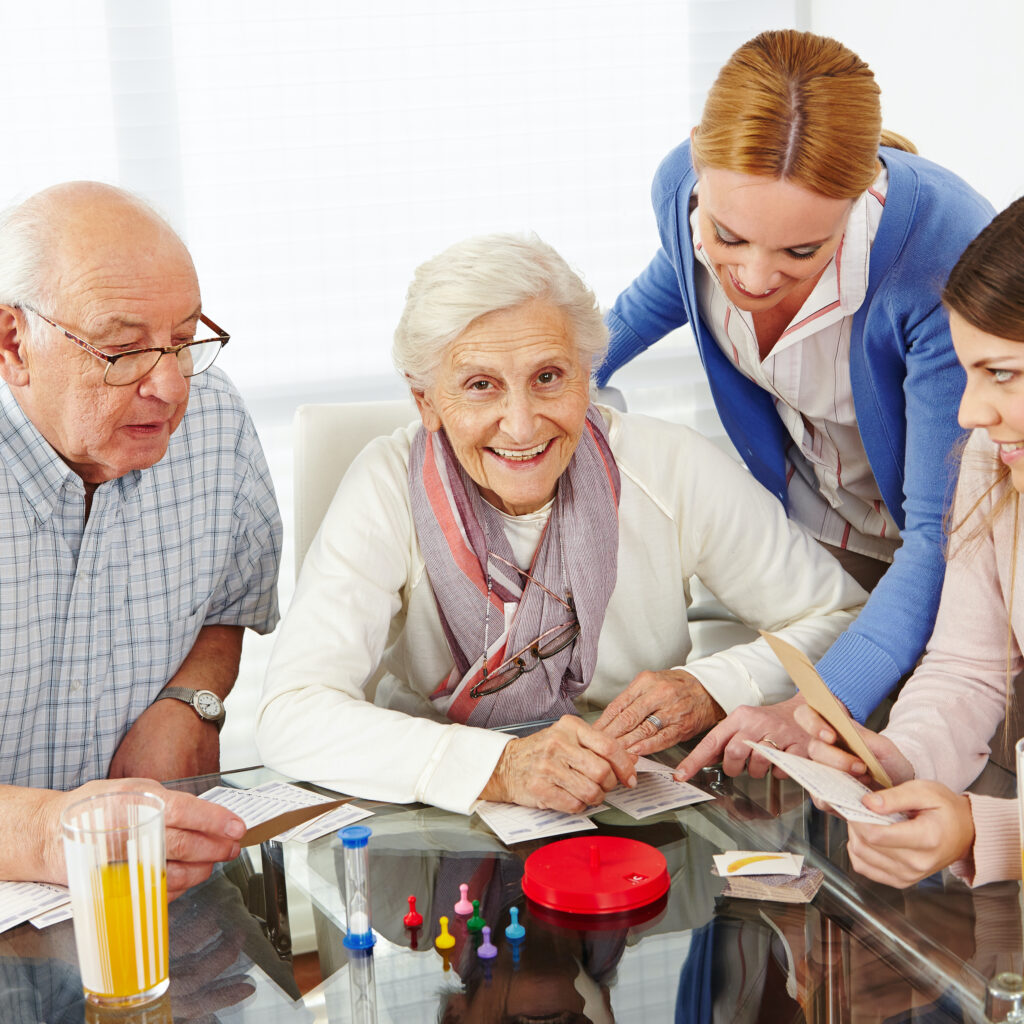
Learning for Communities
Everything you need to train healthier brains, together.
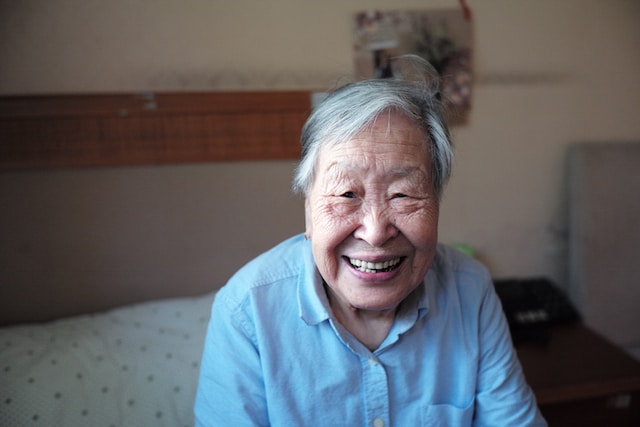
Learning for Dementia Care
Help minds thrive for better thinking and well-being.
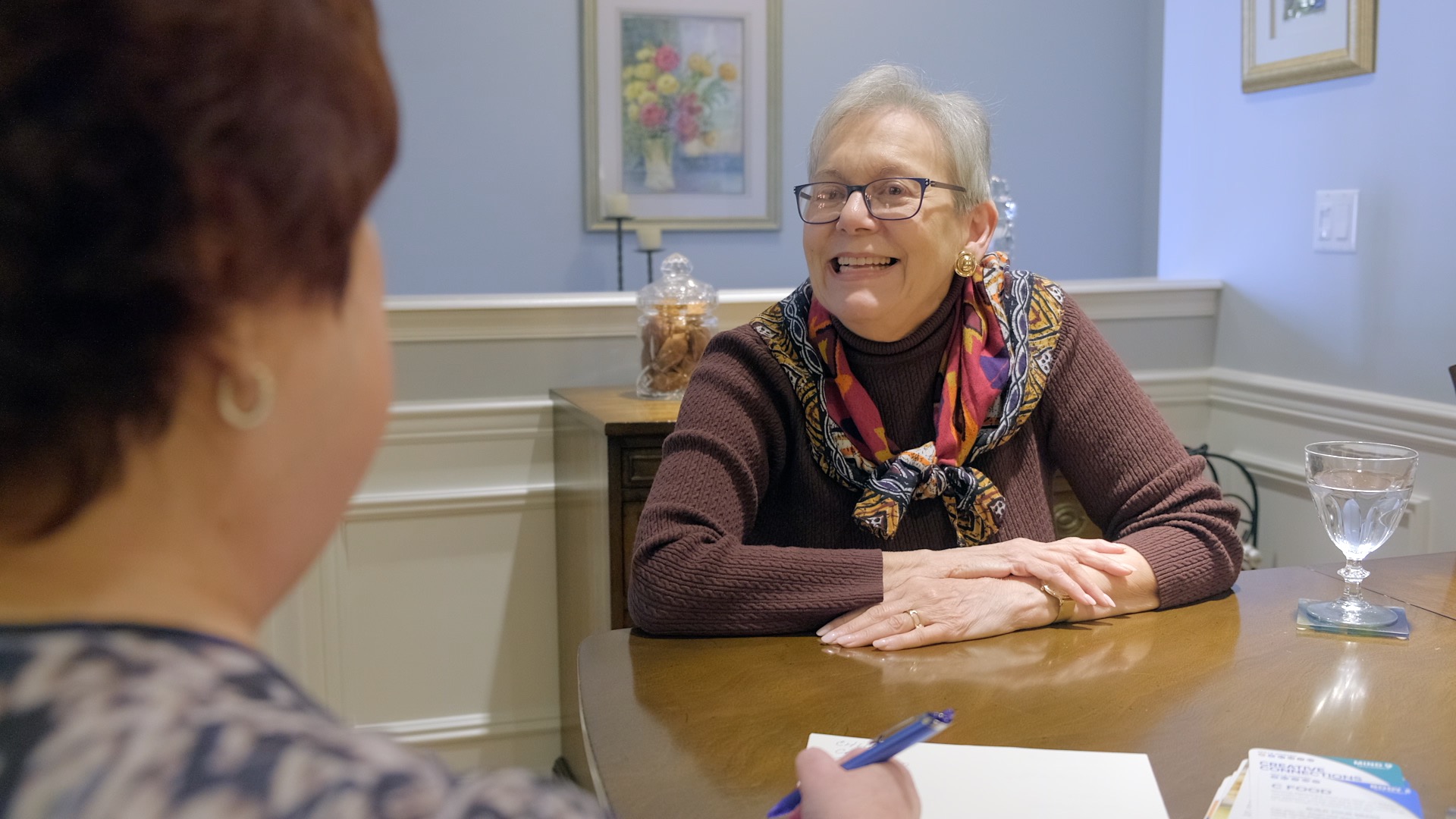
Learning for You and Yours
Because sometimes we just want to train on our own.
